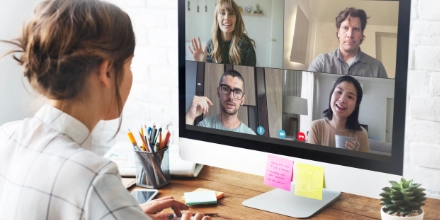‘People send their AI assistant to meetings’: Is AI diminishing work relationships?
Amrita Bhasin, co-founder of fintech startup Sotira, is facing an increasingly common conundrum at work: what she should or shouldn’t ask colleagues when ChatGPT is available. Instead of turning to someone next to her in the office to ask for a different way to phrase something, for example, it’s easier just to ask an AI bot. But that habit is potentially having some undesirable knock-on effects.
One such effect is disappointment. Bhasin is new to the workforce, having graduated last May, and was excited about what’s referred to in office speak as “water cooler” conversations, when coworkers can meet and chat spontaneously. But so far, this hasn’t been prolific in her Bay Area office. Even meetings are different from what she expected.
“Everyone has AI-generated meeting notes,” said Bhasin. “You don’t need to ask anyone for notes if you miss a meeting because you can look them up. People don’t go to meetings when they can send their AI assistant instead of themselves. It’s ominous because they’re not there but their assistant is.”
That same scenario isn’t just happening for meetings either. She knows colleagues who have AI plug-ins to answer and sort emails automatically. That makes her wonder how much she should use AI herself. “Is it bothering someone to ask them to review an email?” said Bhasin.
This increasing reliance on AI apps to speed up work and become more productive, may be particularly challenging in the long term, for younger workers, like Bhasin, who are just entering the workforce.
“ There’s not going to be one-to-one bonding. You’re not going to have workshopping in the same way where you’re in a room vibing off each other and you’re deep diving into questions, ideas, creativity, innovation.”
Steph Hamill, an entrepreneur, mentor and coach for an MBA program based in the U.K., is starting to see just that amongst those she mentors and her son. “One of the things that is abundantly clear is that he will never have the expedited growth learning process I had when I first went into work,” said Hamill. “There’s not going to be one-to-one bonding. You’re not going to have workshopping in the same way where you’re in a room vibing off each other and you’re deep diving into questions, ideas, creativity, innovation.”
A big part of that, she says, is losing the ability to be vulnerable due to the AI boom. People don’t need to worry if they’re asking a “stupid question,” because they don’t need to ask a human when they can just ask a chatbot that has no judgment.
Source: WorkLife.net







